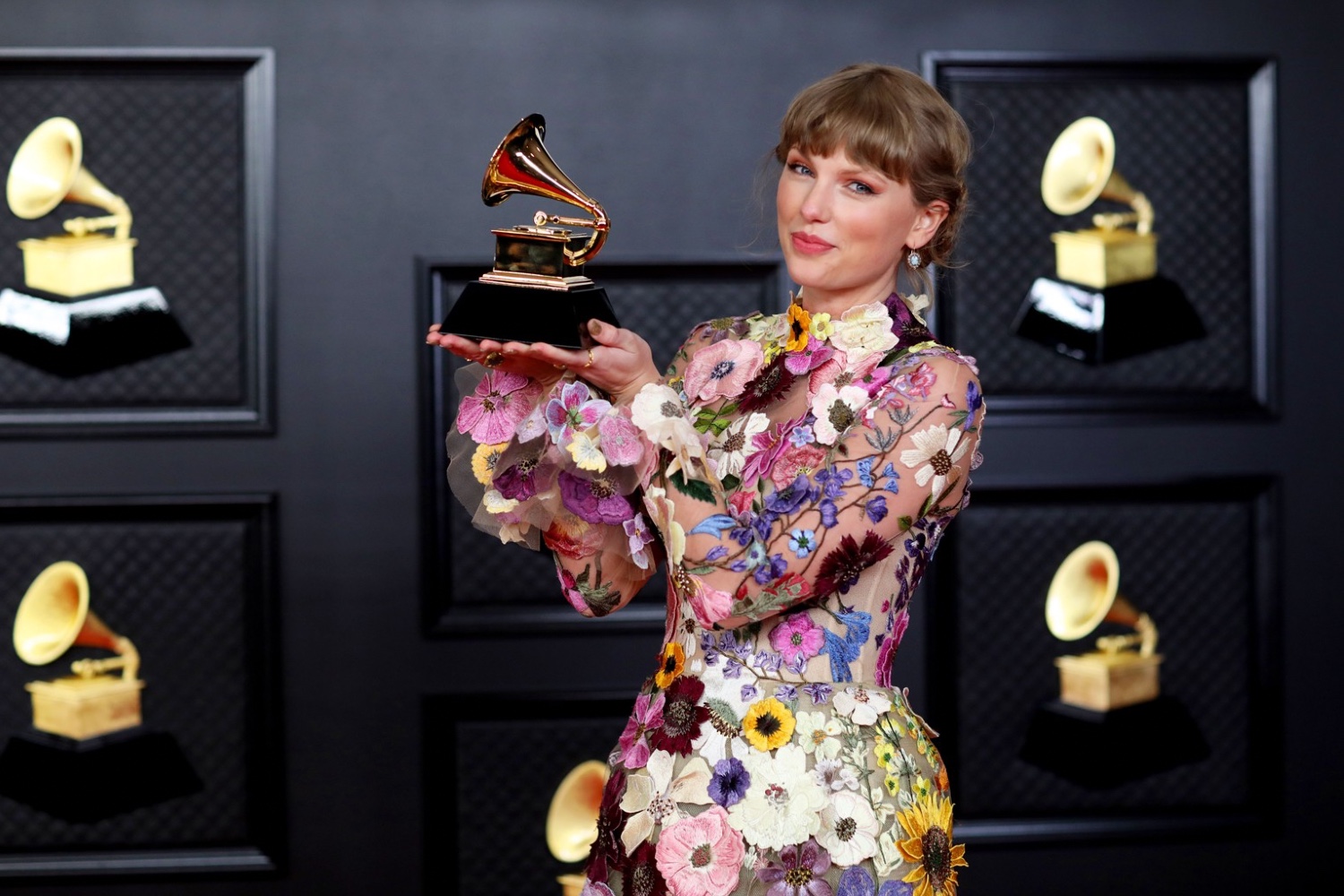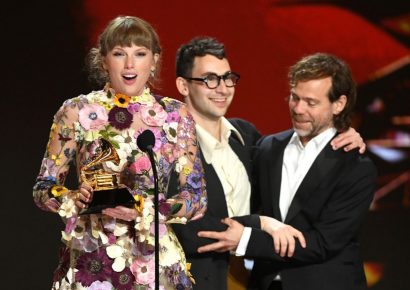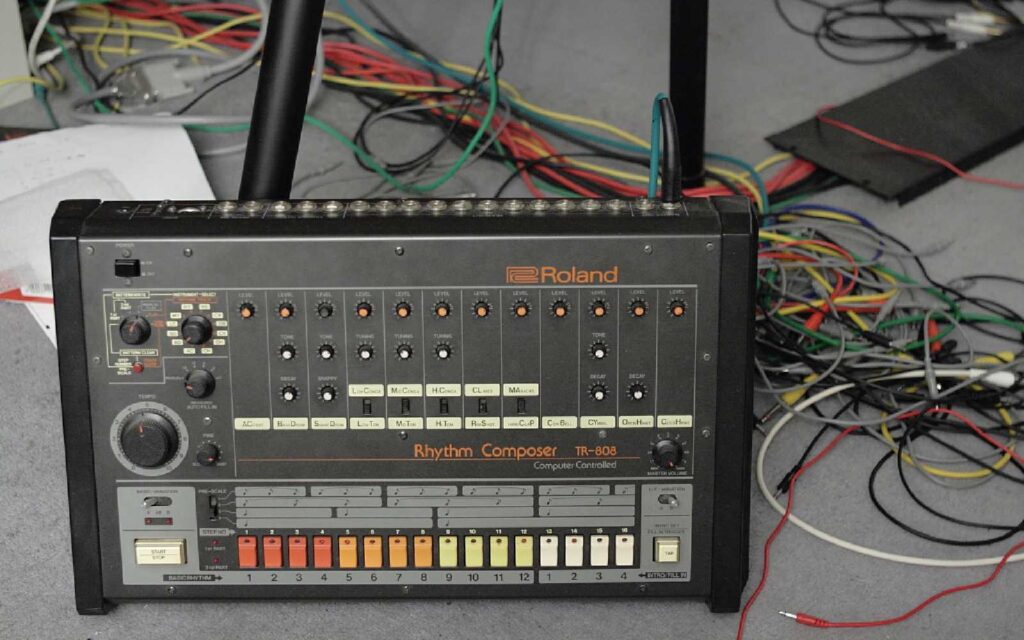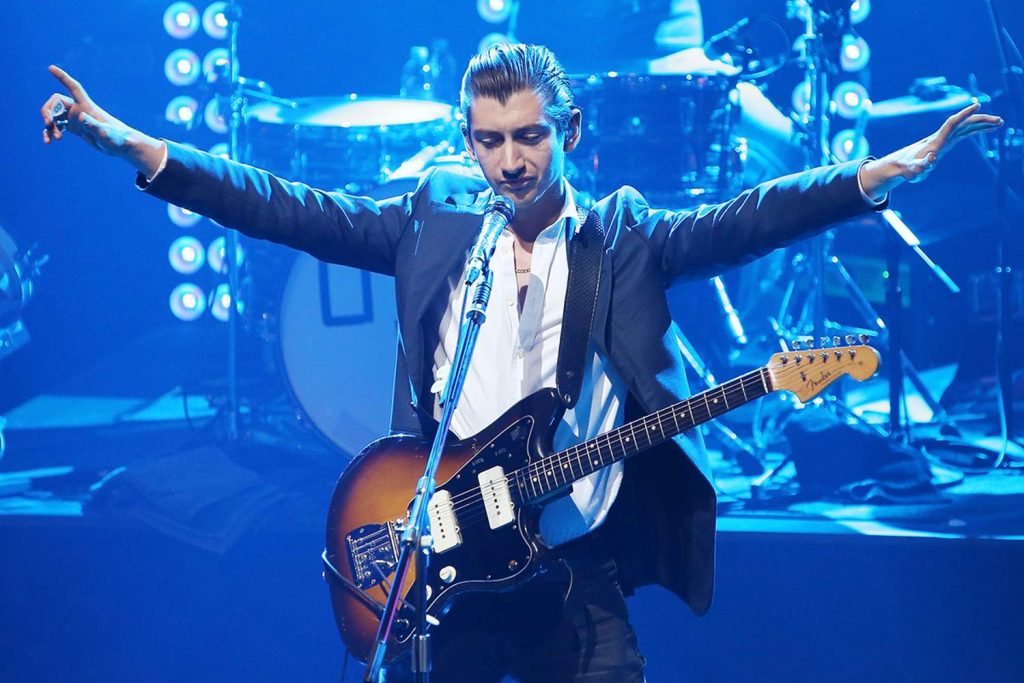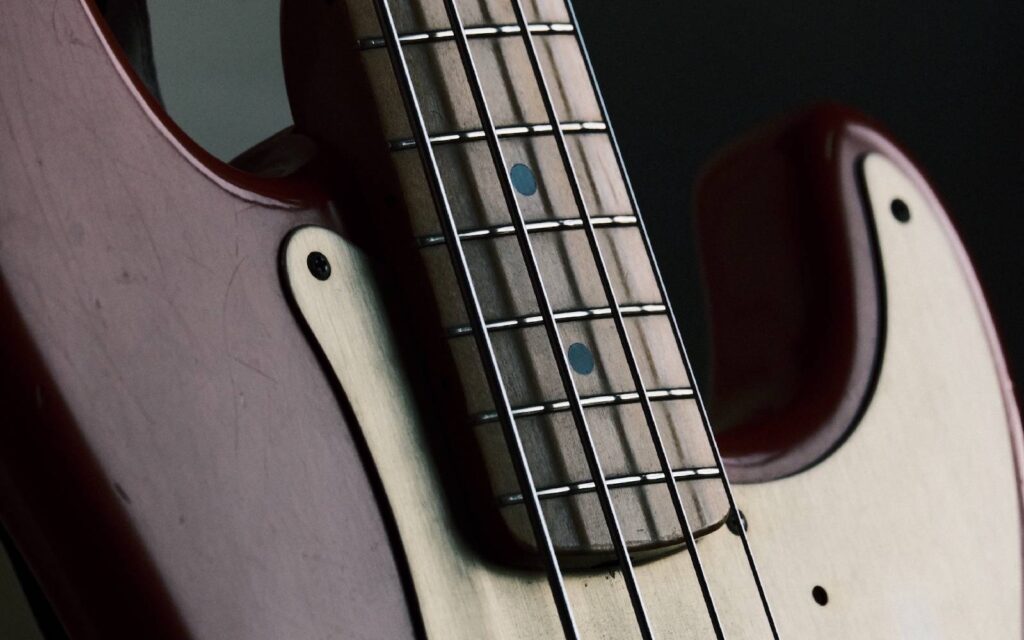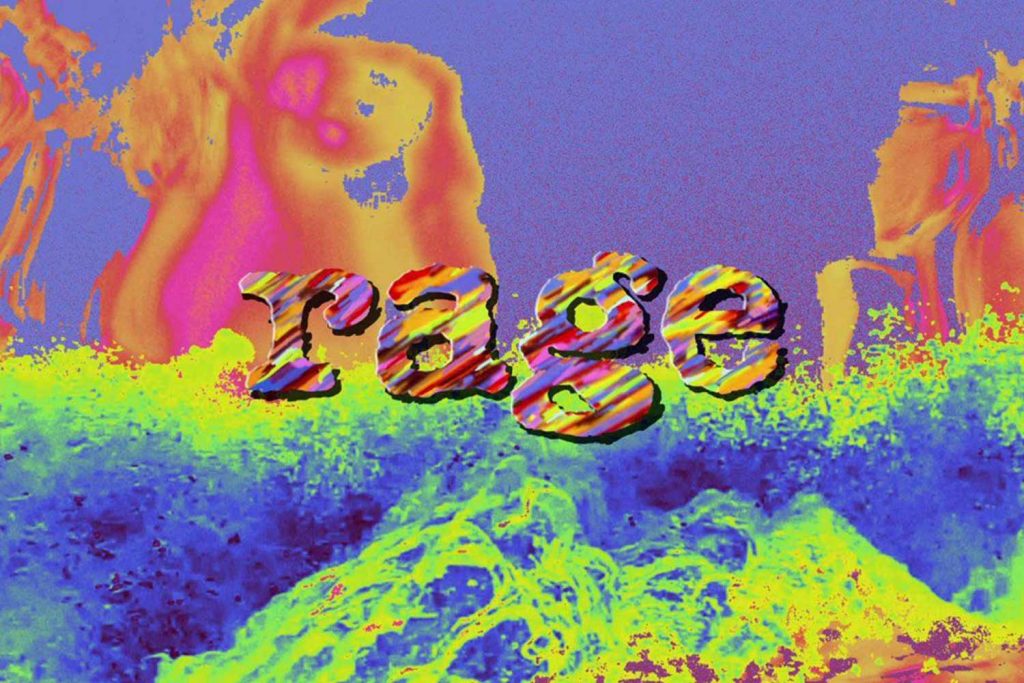We investigate one of the boldest contractual moves in recent music history.
Back in a 2005 agreement, 15-year-old Taylor Swift signed a deal which conveyed the ownership rights for the recordings of her first six albums to Big Machine Records, the record label who signed her on. At the time, the albums were yet to be produced over the coming years. This would mean Big Machine would own the masters to her future music, but she would keep the copyright to her music if she wrote the songs.
Read all the latest features, interviews and columns here.
In case you need a reminder, a master is the offical term for a master recording of an artist’s song, and in most cases, the label owns these recordings and is responsible for maintaining them. Historically, record labels have tended to own the master rights to the recordings in exchange (via a deal) for promotion and support while the artist is recording an album.
Some of these deals allow the label to release the music and earn their money from its distribution and licensing, but the songwriters do keep the copyright to their music which gives them another right to their music.
After the release of her sixth studio album reputation, Swift and Big Machine apparently entered brief negotiations, but failed to establish a new deal for more albums of hers to be released through them. Shortly after, rumours began to spread around the industry that she wanted to reacquire ownership of her first six albums.
In 2018 Swift announced her new ‘musical home’ was with Republic Records and Universal Music Group, staking the claim that ‘I’ll own all of my master recordings that I make from now on.’
In a cruel twist of fate in 2019, she found out via the internet (just as the general public did) that her records were sold to Ithaca Holdings LLC, owned by music manager Scooter Braun (manager of Justin Bieber, Ariana Grande and more) without her consent.
Taylor condemned the deal saying Big Machine management denied her from reacquiring her own music.
She said in a post, ‘For years I asked, pleaded for a chance to own my work. Instead I was given an opportunity to sign back up to Big Machine Records and ‘earn’ one album back at a time, one for every new one I turned in. I walked away because I knew once I signed that contract, Scott Borchetta would sell the label, thereby selling me and my future.’
As a means of hitting back where it hurt, Swift blocked the use of her old music being used in films and commercials. But how could she block the use to her music she does not own?
For the use of a song to be in a film, the filmmaker needs two different music licenses. One being a sync license (synchronise the song with visual imagery) and a master use license (obtained from the owner of the master/recording).
Big Machine could accept the master use license, but the sync license must be accepted by the songwriters. Taylor was the songwriter to all her music, therefore meaning, yes she does not own her old album recordings but she does own the composition rights to her music.
In Swift’s Billboard Woman of the Decade story in 2019 she said every week there would be requests to use her music in commercials, films and television programs that she’d turn down, saying that while she wanted her music in these placements, she’d only do so if she owned all masters.
The question has come up if Swift could refuse mechanical license rights, meaning to pull her original records from streaming services and to stop physical and digital copies from being sold, but as of the moment she is unable to do so.
Late 2019 before the release of Lover – the first album she would own – Swift confirmed she was in the process of re-recording her first five albums to regain artistic and financial control after it had sold, saying at the time that ‘artists deserve to own their work. I just feel very passionately about that.’
However, it’s worth noting that she can currently only re-record the first five albums, as most contracts do not allow artists to re-record music until five years after the release – which means that we can probably expect reputation to be re-recorded in 2022.
Then again in late 2020, Taylor’s masters were sold to Shamrock Holdings, rumoured to be sold for $300 million without her knowledge. She wrote a letter after finding her music was sold again and said she ‘recently begun re-recording my older music’.
Though Shamrock Holdings were going to do a deal with Swift, but under their terms, Scooter Braun would still profit off her catalogue for many years, which forced Taylor out of the deal, saying that ‘Scooter’s participation is a non-starter for me’.
Re-recording old work is not exactly as easy as people might think. The artist needs to invest their time, effort and money to redo their own work again, also knowing full well the new versions will be in competition with the originals and the fans may never like the re-recordings.
In Taylor’s case, she wants to ensure the re-recordings are as similar as the originals and lucky for her, her fans are on her side and will adore the re-recordings as much as they have with the originals.
This brings us to 2021 where Taylor re-released her second studio album Fearless (Taylor’s Version), released by Universal Music Group and Republic Records which she now retains ultimate ownership of her music.
Swift is not doing the re-recordings to make more money; rather, she’s raising awareness for any future artists to be aware of the contracts they’re signing, allowing them to have more power and financial freedom over their own work.
Another reason why she is re-recording is because she wants her music to live on. Swift wants future artists to be aware and as she said in her statement when she first found out her music had sold, saying that ‘Hopefully, young artists or kids with musical dreams will read this and learn about how to better protect themselves in a negotiation. You deserve to own the art you make.’
Comparatively to her original version of the album, the re-recording of Fearless sounds very similar – but not identical – to the original recordings. Taylor’s Version’s have a more mature sound and there’s a hint of extra confidence in Swift’s voice, thanks to the countless hours she’s spent working in the studio since the album was released in 2008, and the overall master sounds slicker as well.
There have been small lyric changes in some songs, and other instruments have been introduced or mixed slightly different compared to the original recordings. At the end of the day, however, you would have to be a Swiftie or have the songs side-by-side to really notice slight changes between them.
Swift is not the first and only artist to go through something similar by re-recording or having to buy their work back from the label they signed with.
In 1996, Prince told Rolling Stone as he felt like a slave with Warner Bros. Records, famously saying that ‘If I can’t do what I want to do, what am I? When you stop a man from dreaming, he becomes a slave. That’s where I was. I don’t own Prince’s music. If you don’t own your masters, your master owns you.’
Joanna Levesque, knowing professionally as JoJo, found herself in a similar situation to Taylor. She re-recorded her first two albums after Blackground Records held her music hostage, essentially meaning her music was taken from her.
Blackground lost their distribution deal and JoJo was not able to release her third album through them. Blackground removed her songs from streaming servers which stopped JoJo from making a profit from streams.
A decade later, after two lengthy lawsuits against Blackground, she released new music and later re-recorded her first two albums for her fans as they were asking why they could not find the albums.
Taylor will now start owning full rights to her album re-recordings, gaining back what should be hers. She will be able to start granting rights for films and commercials to use Taylor Version’s of the music by allowing both sync license and master license.
She has already done this with two re-recordings, ‘Love Story (Taylor’s Version)’ was used in a dating app advertisement in December 2020 and ‘Wildest Dreams (Taylor’s Version)’, a song from her pop opus 1989, rumoured to be the next re-release, was used in Spirit Untamed movie trailer, an upcoming DreamWorks film.
Whatever comes next from Taylor is anyone’s guess, but you can’t deny that standing up to the industry in a manner like this is seriously impressive, and sets an incredible precedent for artists to follow in the future.
Why are so many music legends selling off their publishing rights? Find out more about the latest trend to sweep the music industry.
